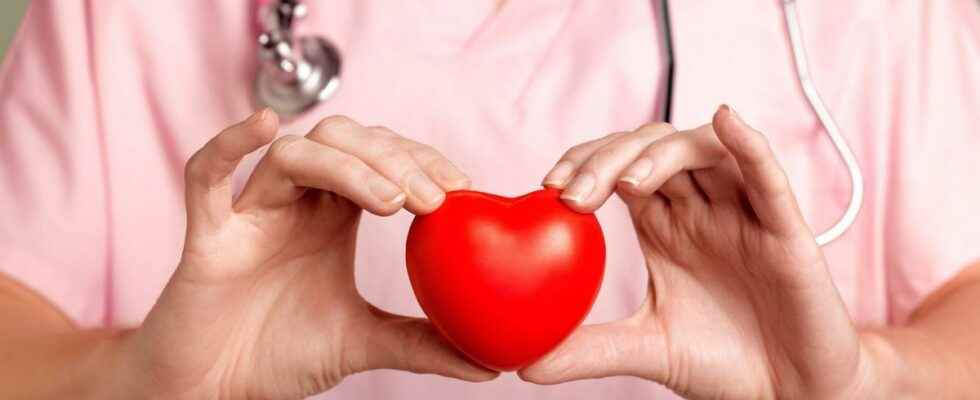Published on
Updated
Reading 1 min.
According to a new study, only 1 in 5 Americans have a healthy heart. To fight against this scourge, the American Heart Association’s has integrated a new component into its cardiovascular prevention tool: the quality of sleep.
According to the latest work of the American Heart Association’s, published in the journal Traffic According to the Association (AHA), 80% of the American population has poor or moderate cardiovascular health, which means that only one in five people has a healthy heart. Faced with this scourge, the prestigious American Heart Association is updating its recommendations for the prevention of cardiovascular risk.
Consult a cardiologist online
The American Heart Association’s New Checklist for a Healthy Heart
“My Life Check” is a public utility tool, created by the American Heart Association’s.
His goal ? Analyze the heart health of the population through a questionnaire based on eight criteria: diet, physical activity, exposure to nicotine, sleep, body mass index, blood lipids, blood sugar and blood pressure.
The cardiovascular health of each individual is calculated by adding the scores of each of the 8 measurements then dividing the total by 8, for a final score ranging from 0 to 100. The highest score being 100. Below 50, the -this is considered to be of concern.
Recommendations that incorporate the importance of sleep
To improve the accuracy of the online tool, and the overall score delivered, the association has updated certain measures of “My Life Check“:
- Addition of sleep as a component of heart health (poor quality sleep increases the risk of developing cardiovascular disease, according to experts);
- New food guide (most fruits and vegetables, seeds, lean proteins, etc.);
- Update of measures on vaping and passive smoking;
- Updating measures on cholesterol and blood sugar;
- Final grade update.
The American Heart Association’s goal? Allow as many people as possible to easily assess their heart health and related cardiovascular risks (atherosclerosis, heart rhythm disorders, high blood pressure, myocardial infarction, heart failure, strokes, etc.).
